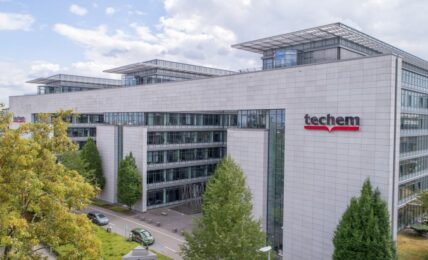
Walmart does not expect to hit its interim climate goals, including its targets to reduce operational greenhouse gas (GHG) emissions by 35% by 2025 and by 65% by 2030, according to a new post on the company’s website, citing “factors beyond our control,” including a lack of low carbon refrigeration and mobility technologies, and clean energy policy and infrastructure.
The retail giant said that it will continue to work towards its “aspirational goal of zero emissions by 2040,” but warned that “progress will not be linear.”
Walmart set its 2040 net zero goal in 2020, outlining at the time a series of initiatives it would pursue to achieve its goal, including sourcing 100% renewable energy to power its facilities with by 2035, electrifying and zeroing out emissions from all of its vehicles – including long-haul trucks – by 2040, and transitioning to low-impact refrigerants for cooling and electrified equipment for heating in its stores, clubs, and data and distribution centers by 2040.
The company highlighted the progress it has made on some of these initiatives, including reaching 48% renewable sources for its global electricity needs in 2023, putting the company on track towards its renewables goal, and noted that it has reduced carbon intensity, or emissions per unit of revenue, by 45% on a 2015 basis, although overall Scope 1 and 2 emissions have declined by only 19.3%, due to the company’s growth.
Despite its progress, however, Walmart said that its progress will be held back by a series of factors, including energy policy and infrastructure in its global markets, as well as clean technology issues, such as “availability of more cost-effective low-GWP refrigeration and HVAC solutions, and timely emergence of cost-effective technologies for low-carbon heavy tractor transportation (which does not appear likely until the 2030s).”
The company said that these factors are expected to delay its achievement of its interim 2025 and 2030 emissions reduction goals, and that it will consider revising its targets next year.
Outlining some of the key challenges to its climate strategy in the update, Walmart said:
“Achieving our targets and/or aspirations will require innovation and technology that is not available or economically viable, or fully scalable today, including the evolution, accessibility, and/or adoption of renewable energy, lower-GWP refrigeration systems, vehicles powered by renewable sources of energy, and regenerative agricultural technologies. A critical mass of potential consumers of new technologies is a necessary precondition to their development, deployment, and scaling.”



